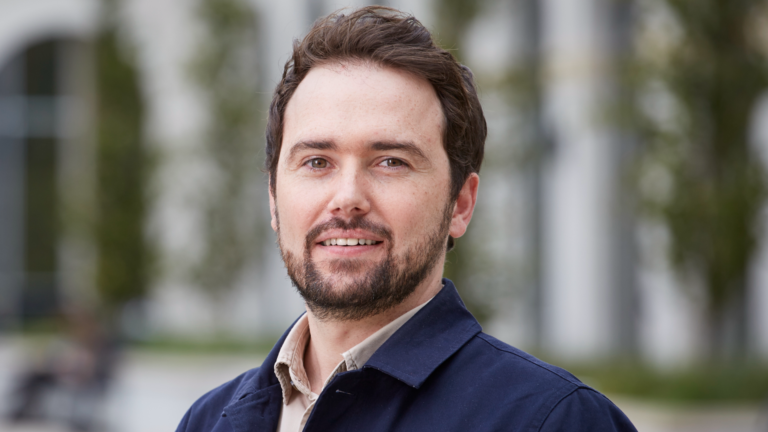Information for Students
Starting in the Summer term of 2025, we’re welcoming our ninth Vienna Karl Polanyi Visiting Professor, Lucas Chancel, to Vienna. In the course of his stay in Vienna, Lucas Chancel, Associate Professor of Economics at Sciences Po and the Paris School of Economics, will hold a PhD-seminar, give a public lecture and participate in an internal workshop at CEU accompanied with a public debate.
The Seminar will be open for students from University of Vienna, Central European University and Vienna University of Economics and Business and requires application by students.
PHD - SEMINAR
The Research Seminar Global Inequality and the Climate Crisis held at the Vienna University of Economics and Business, will be open for students from all all three universities parcitipating in the Vienna Karl Polanyi Visiting Professorship; the Vienna University of Economics and Business (WU), the University of Vienna and the Central European University (CEU). Participation is limited.
Information for Students
APPLICATION
Interested Students have to submit an application with a letter of motivation (1 page max) and a CV. Please send your application to the following mail-addresses and pay attention to the dateline:
Send your application to: polanyi_visitingprofessor@wu.ac.at, by February 25th 2025
SEMINAR CONTENT
This PhD seminar, held by Lucas Chancel (Associate Professor of Economics at Sciences Po) and supported by Andreas Novy (Associate Professor at the Vienna University of Economics and Business) is open to social science and climate-science students interested in the interactions between climate change and social inequalities. The seminar reviews the latest empirical and theoretical research on global economic and climate inequalities, focusing on inequality in contributions, harms, and capacity to act. We discuss various methods to measure and analyze these inequalities. The focus is then placed on current industrial policies in renewable energy, with a comparative analysis of strategies employed in China, Europe, and the US. We examine their implications for economic inequalities within and between countries, and how they could reshape global power imbalances in the 21st century.
